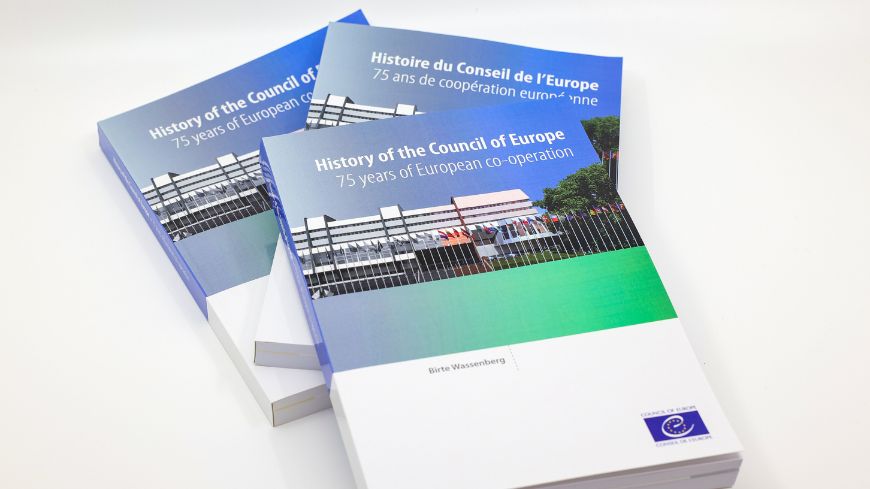A new book tracing the remarkable history of the Council of Europe, from its creation in 1949 to its current challenges, has just been published. History of the Council of Europe, 75 Years of European Co-operation, by Professor Birte Wassenberg, offers an in-depth look at the development of this pioneering organisation and the pivotal role it has played in shaping modern Europe.
Founded in Strasbourg after the Second World War, the Council of Europe was established to promote human rights, democracy, and the rule of law across the continent. This comprehensive book explores the Council's creation and evolution, highlighting key moments and the ongoing efforts to build a common democratic and legal space through more than 200 conventions. At the heart of the Council's mission is the European Court of Human Rights. The book delves into its landmark judgments, reforms, and how it has adapted to societal changes, standing as a guardian of fundamental freedoms. It also examines the Council's strategic partnership with the European Union, shedding light on their complementary yet sometimes competitive relationship.
Wassenberg's work doesn’t shy away from the Council’s turbulent times, providing a detailed analysis of the crises, controversies, and internal challenges it has faced over the decades. From the integration of new member states to navigating political pressures and external conflicts, this book offers a thorough understanding of how the Council has managed to address these complexities. This publication is a valuable resource for anyone wishing to gain a deeper insight into the Council of Europe, its achievements, struggles, and the significant impact it has had on European society, and its ongoing mission to strengthen human rights and democracy across the continent. History of the Council of Europe, 75 Years of European Co-operation is essential reading for those interested in European politics, history, and human rights.
About the Author: Professor Birte Wassenberg is a leading expert in contemporary European history. She teaches at the University of Strasbourg’s Institute of Political Studies and holds a Jean Monnet Chair. As Director of the Franco-German Jean Monnet Centre of Excellence, her research focuses on border studies and European integration.


